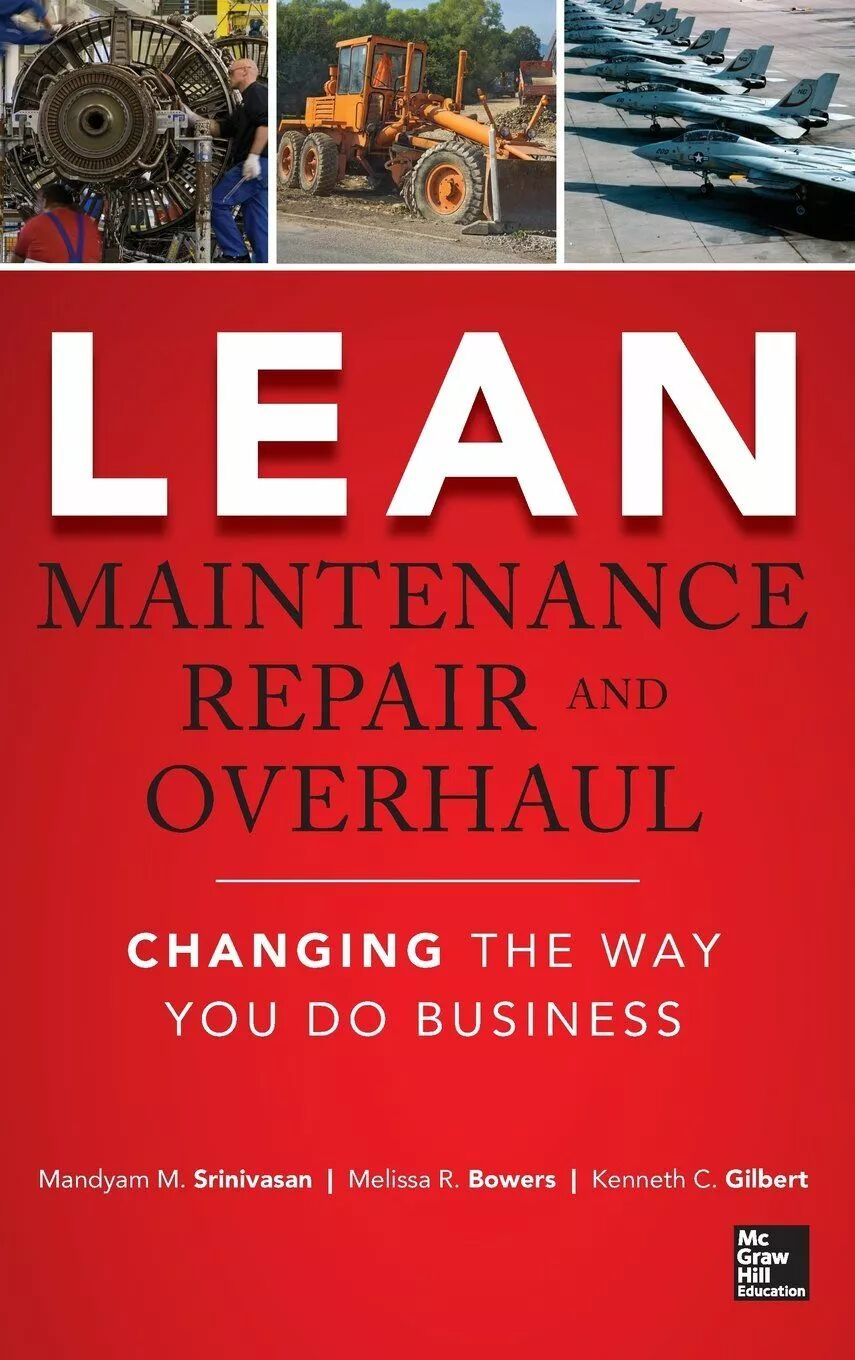Theory of Constraints, Critical Chain Project Management, Lean : industry consulting & training - Marris Consulting
Aeronautics: Critical Chain Project Management and operational excellence leave the nest
Aeronautics, a growing sector
Aeronautics is a growing sector. In the top 100 of French industrial sites published in the magazine L'Usine Nouvelle (L'Usine Nouvelle n° 3431 , issued on 9th July 2015), more than 25% of listed sites come from aeronautic industry. In the same article, it comes to soaring recruitments, rain of aircrafts orders, sped up production rates and an industry looking for manpower.
A real contrast with the following paragrah about automotive industry, which remains the largest employer in spite of 4000 cut positions, factories waiting for new vehicle models or investments.
Aeronautics is poised to defeat automotive industry, not only regarding growth, but also as a reference sector and as a melting pot of best practices and short-term innovating technologies, such as the additive manufacturing, augmented reality or use of cobots.
The best practices are illustrated by Critical Chain Project Management (more information on the website chaine-critique.com) and operational excellence, in every sense, which represent a large part of our consulting and training activities in this industry (check out our training).
For instance, in the development phase, the high rate of outsourcing to system and equipment suppliers requires the respect of deadlines by all the supply chain actors in order to ensure the commercial launch of a new aircraft. In this regard, the Critical Chain Project Management, although still relatively confidential, has been identified as a differentiating factor by a large number of companies, because "superior" to traditional project management.
The same observation is shared among the MRO actors. Aeronautics is not only about manufacturing aircraft, it is also about keeping them in good conditions, their overhaul and maintenance (MRO is Maintenance Repair and Overhaul). Thus, this sector also industrially provides what maintain the value attached to the use and the operational availability of produced and sold goods.
The operational availability is crucial for their military and civil customers to maintain their ability to generate profit (airlines), rescue (civil defense helicopters or medicalised aircraft for health repatriation, e.g.) or step in theaters of operations.
Critical Chain, bottlenecks identification and Lean
The most advanced actors in aeronautics, which differ from their competitors by really superior performances, tend to use three approaches combined:
-
Tasks planning (for development project or intervention on aircrafts) with Critical Chain Project Management in order to ensure the respect of the deadlines thanks to a robust planning, taking into account the load of the resources
-
The identification of bottleneck resources (human or machine) and the appropriate management of these valuable resources
-
The Lean principles to ensure that the schedule is efficiently kept tidy, meaning with the use of only the necessary resources and by applying an agreed preferential treatment to critical resources : reduction, or better, elimination of non-value added tasks, pure wastes, variabilities and non-quality lessening,etc...
Elements from Theory of Constraints, Lean and Six Sigma used synergistically can be found in this description. The practioners name it by the acronym TLS (more information on scoopit TLS).
If Theory of Constraints tends to take an increasingly important part in this process, it is still little acknowledged. For example, a reference book on the subject is named "Lean Maintenance Repair and Overhaul", although the described approach is largely based on Theory of Constraints concepts.

Railways similar to aeronautics
Railways construction and rolling stock maintenance is similar to aircraft construction and their MRO. Therefore, it won't be surprising to find analogous approaches in these activities. You can take a look at a concrete example achieved during one of our missions.
About Marris Consulting
Marris Consulting is an industry consulting and training company specialized in the Theory of Constraints (ToC) and Critical Chain Project Management. We focus on improving the performance of manufacturing and process industries by using Constraints Management combined with Lean and Six Sigma. To boost project performance, we also use Critical Chain Project Management (CCPM), which we sometimes combine with Lean Engineering. Our 2-day performance audits, our performance consulting services and our project management, Lean, ToC & CCPM training by our industry consultants offer a wide range of solutions to help our clients around the world reach the highest possible levels of performance.


